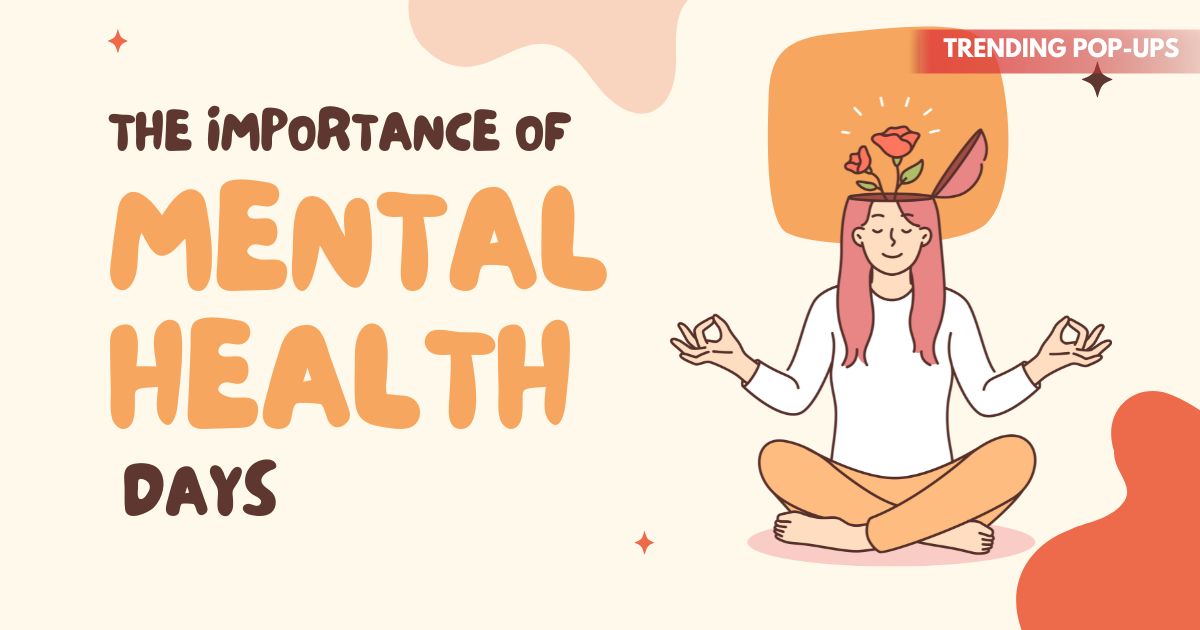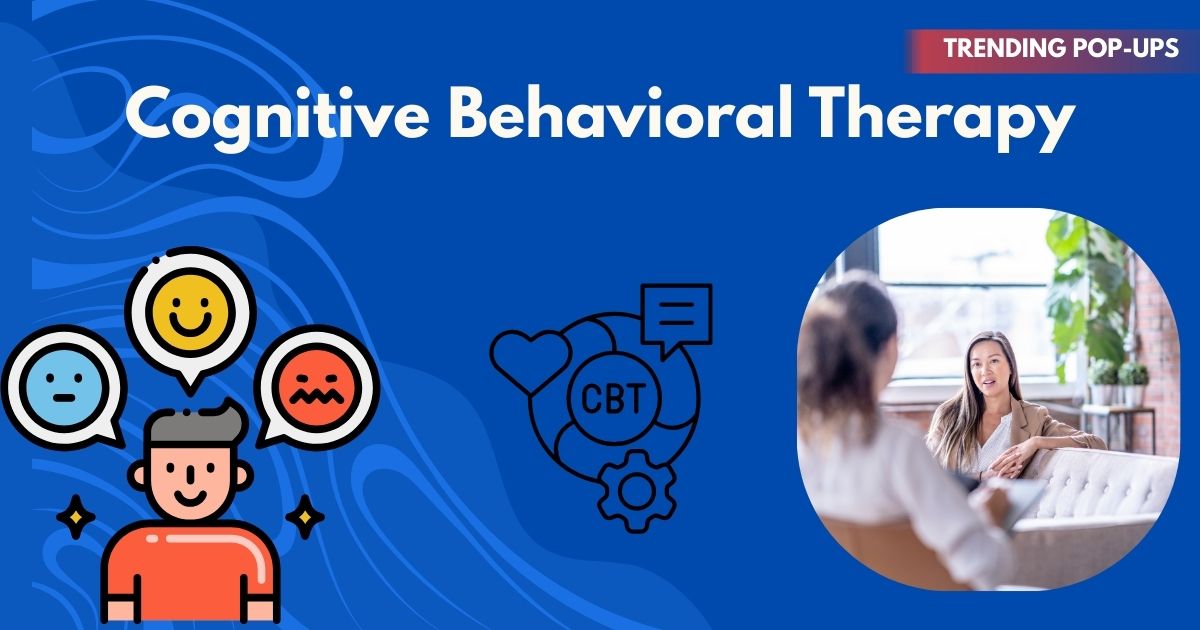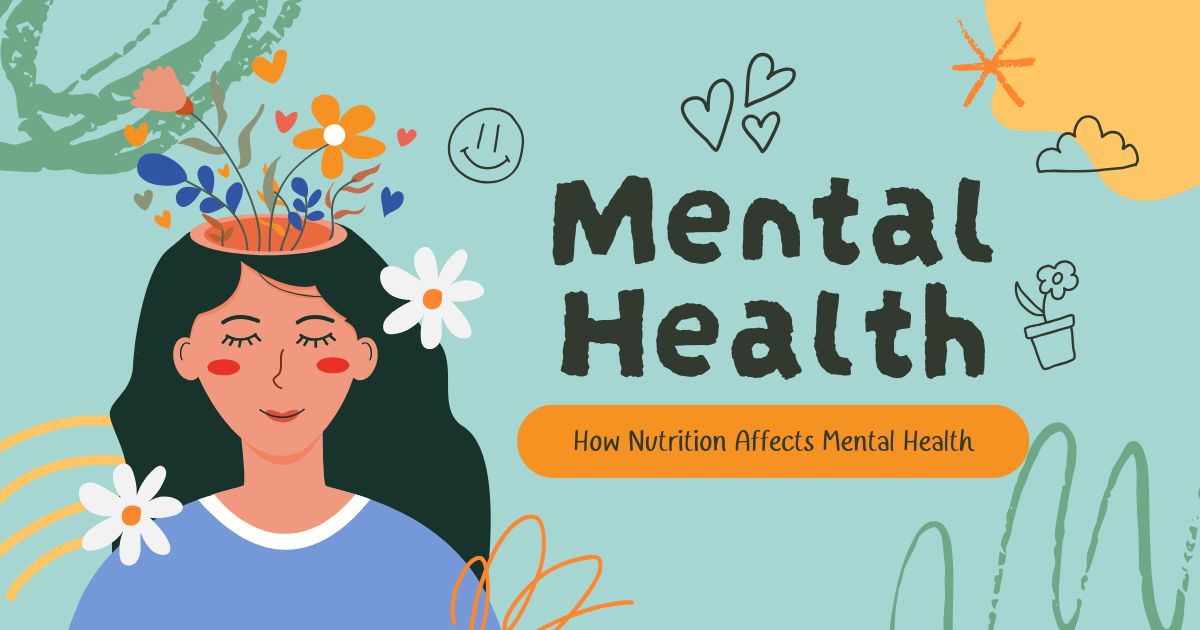In today’s busy world, stress, anxiety, and depression have become increasingly common. While therapy, medication, and lifestyle changes all play important roles in managing mental health, research consistently highlights one powerful tool that is often overlooked—exercise. Physical activity is not just about building muscles or losing weight; it has a profound impact on the brain and emotional well-being.
Understanding the link between exercise and mental health can help individuals create healthier lifestyles that support both their physical and psychological needs.
How Exercise Affects the Brain
Exercise triggers several physiological changes that directly benefit mental health:
-
Release of Endorphins: Often called “feel-good hormones,” endorphins act as natural mood elevators.
-
Reduction in Stress Hormones: Physical activity lowers cortisol and adrenaline, hormones that contribute to stress.
-
Improved Brain Function: Exercise increases blood flow and oxygen to the brain, supporting memory and cognitive performance.
-
Neurogenesis: Studies show that regular exercise stimulates the growth of new brain cells, particularly in the hippocampus, an area linked to mood regulation and memory.
Exercise and Stress Reduction
Stress is an unavoidable part of modern life, but chronic stress can take a toll on mental and physical health. Exercise acts as a natural stress reliever by:
-
Reducing muscle tension that builds up from stress.
-
Releasing endorphins that promote relaxation.
-
Providing a mental break from daily worries.
Even short bouts of exercise—like a brisk walk or stretching session—can significantly reduce stress levels and restore calm.
The Role of Exercise in Anxiety Management
Anxiety disorders affect millions worldwide, often leading to restlessness, irritability, and fatigue. Regular exercise can help manage anxiety symptoms by:
-
Encouraging mindfulness through rhythmic, repetitive movements like running or swimming.
-
Redirecting attention away from anxious thoughts.
-
Regulating breathing and heart rate, which often spike during anxiety episodes.
In fact, aerobic exercises such as cycling, brisk walking, and dancing have been shown to be particularly effective in reducing generalized anxiety.
Exercise and Depression Relief
Depression can feel overwhelming, leaving individuals with low energy and motivation. Exercise offers a natural way to combat depression by:
-
Increasing serotonin and dopamine levels, which improve mood and motivation.
-
Enhancing self-esteem through physical progress and accomplishment.
-
Providing structure and routine, which are beneficial in managing depressive symptoms.
Several studies suggest that consistent exercise can be as effective as antidepressant medication for some individuals with mild to moderate depression.
Exercise and Cognitive Health
Beyond mood, exercise is also linked to cognitive benefits. Physical activity has been shown to:
-
Improve memory and concentration.
-
Delay cognitive decline associated with aging.
-
Enhance problem-solving and creativity.
For individuals experiencing conditions like ADHD, exercise can help improve focus and impulse control by regulating brain chemicals like dopamine and norepinephrine.
Types of Exercise That Benefit Mental Health
Not all exercises affect mental health in the same way. A variety of activities can be beneficial:
-
Aerobic Exercise: Running, cycling, swimming, and dancing are excellent for mood enhancement and stress reduction.
-
Strength Training: Lifting weights improves confidence, discipline, and overall resilience.
-
Yoga and Mind-Body Practices: Yoga, Pilates, and tai chi combine physical movement with breathing, promoting relaxation and mindfulness.
-
Outdoor Activities: Hiking or jogging outdoors offers the added benefit of nature exposure, which further reduces stress.
How Much Exercise is Needed for Mental Health Benefits?
Experts suggest that even 30 minutes of moderate exercise five times a week can significantly improve mental health. However, consistency matters more than intensity. Even small efforts like walking the dog, taking the stairs, or stretching during breaks can add up and produce meaningful results.
The Social Benefits of Exercise
Exercise also provides opportunities for social interaction, which plays a crucial role in mental well-being. Group classes, sports teams, or simply walking with a friend can:
-
Reduce feelings of loneliness.
-
Create accountability and motivation.
-
Build supportive communities that enhance emotional resilience.
Barriers to Exercise and How to Overcome Them
Despite its benefits, many people struggle to incorporate exercise into their lives. Common barriers include lack of time, low energy, and limited access to facilities. Strategies to overcome these challenges include:
-
Starting small with short sessions.
-
Choosing activities you genuinely enjoy.
-
Scheduling workouts like appointments to ensure consistency.
-
Using technology, such as fitness apps or online classes, to stay motivated.
Conclusion
The link between exercise and mental health is undeniable. From reducing stress and anxiety to alleviating depression and boosting brain function, physical activity is one of the most powerful and accessible tools for enhancing well-being. It doesn’t require a gym membership or hours of training—simple, consistent movement can make a world of difference.
By prioritizing exercise, individuals not only strengthen their bodies but also nurture their minds, creating a balanced and healthier lifestyle.
Also Read : Journaling Techniques to Reduce Stress
FAQs
Q1. How quickly can exercise improve mental health?
Some people notice mood improvements immediately after a workout, while long-term benefits typically appear after several weeks of consistent exercise.
Q2. Can exercise replace therapy or medication for mental health conditions?
Exercise is a powerful complement to therapy and medication, but it should not replace professional treatment for severe conditions without medical guidance.
Q3. What type of exercise is best for anxiety?
Aerobic exercises like jogging, swimming, or cycling are highly effective, but yoga and deep-breathing activities also work well for calming anxiety.
Q4. How does exercise help with depression?
Exercise boosts serotonin and dopamine levels, reduces negative thought cycles, and increases self-esteem, all of which help combat depression.
Q5. Is walking enough to improve mental health?
Yes. Even brisk walking for 20–30 minutes daily can significantly reduce stress, improve mood, and enhance mental clarity.



